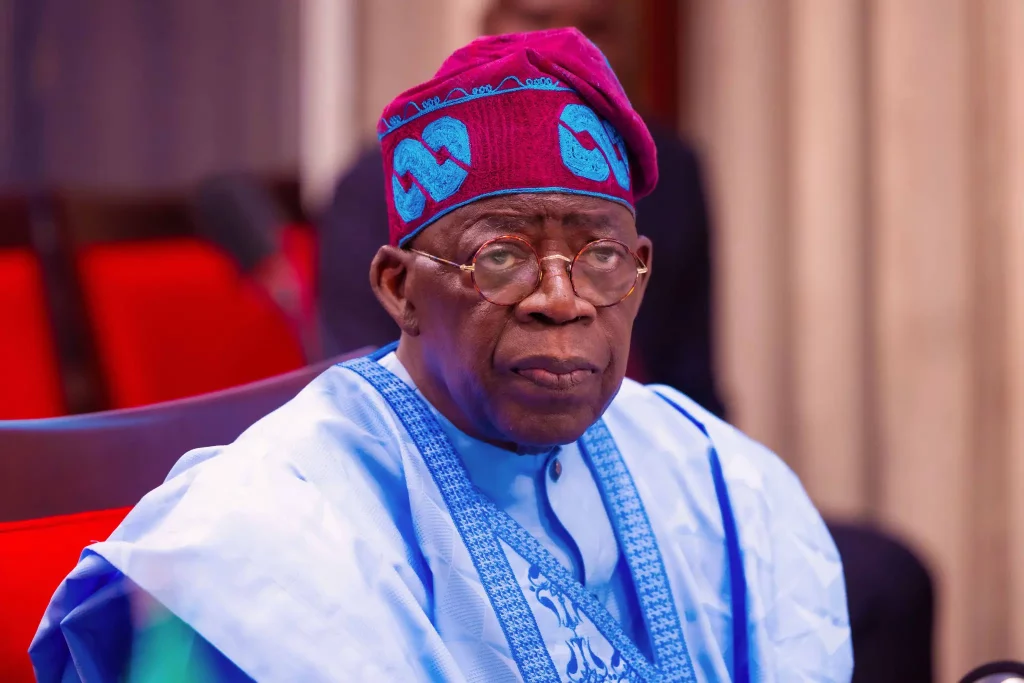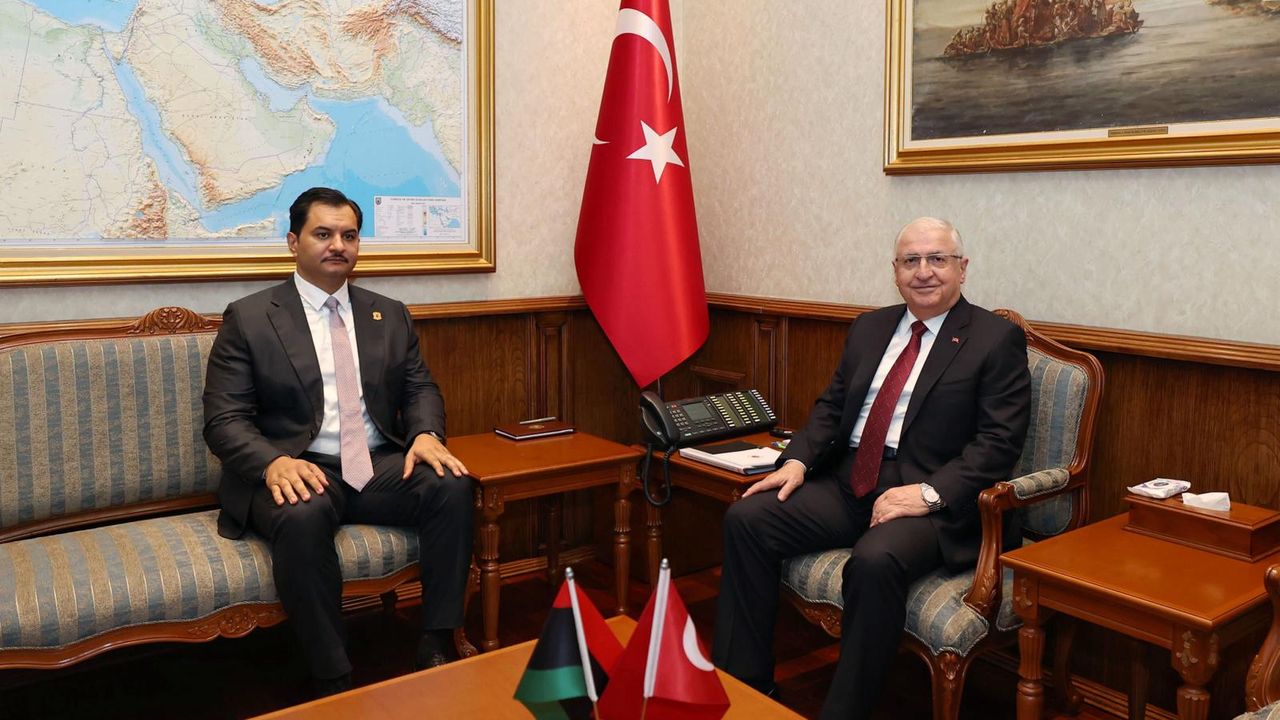‘Non-Inclusive’ leadership threatens Nigeria’s ethnic balance

Nigeria’s entrenched ethnic tensions are threatening to boil over with President Bola Tinubu’s recent appointments, which have reignited questions of corruption and ethnic imbalance.
Now two years into his presidency, President Tinubu has come under fire from critics who accuse him of consolidating power within his Yoruba group, according to the BBC on May 26.
Nigeria’s complex history of colonial borders, diversity, and federal tensions has long fueled instability and secessionist ambitions. In a country with over 250 ethnic groups, politicians must navigate a delicate ethnic and religious balancing act.
The current president might be breaking from this tradition. Eight positions, widely seen as controlling the country’s finances and security, were handed to Yoruba men, including the heads of the central bank, the national oil company, the police, the army, customs, intelligence, the anti-corruption agency, and the revenue service.
While some argue that Tinubu’s appointments continued a trend of ethnic bias, the 100%-Yoruba make-up of the eight key positions is unprecedented. Former presidents have at least maintained a semblance of balance in these critical positions, though there is no legal requirement for religious and ethnic diversity outside of cabinet positions.
“For a democratically elected president, I cannot remember at any point in Nigerian history where you have this high concentration of a particular ethnic group holding most of the sensitive positions,” history professor Tijjani Naniya told the BBC.
The professor added that the move could set a precedent. “What if the next president continues on this path and picks most of the sensitive positions from his ethnic group? It diminishes the feeling of belonging among the rest and also reduces belief in democracy,” he said.
In particular, the appointment of former Shell boss Bayo Ojulari, as head of the state-owned oil company (NNPC), has drawn sharp criticism. Ojulari replaced a northerner, which turbocharged debates about the apparent monopoly of one group in top positions.
Also of contention was the replacement of EFCC chairman Abdulrasheed Bawa, a northerner, with Ola Olukoyode, a Yoruba. Bawa was arrested, accused of abuse of office, held for over 100 days, and later released with no charges.
The Presidency vehemently denies these claims. Media aide Sunday Dare posted on X on April 9 that 71 Northerners and 63 Southerners had been appointed by Tinubu as proof that the President was being fair. However, the post was later taken down for inaccuracy.
Dare has promised updated figures, but these are yet to be seen. Even party loyalists, like Senator Ali Ndume, have criticized Tinubu’s approach as “non-inclusive.”
BBC/ Maghrebi
Want to chase the pulse of North Africa?
Subscribe to receive our FREE weekly PDF magazine












